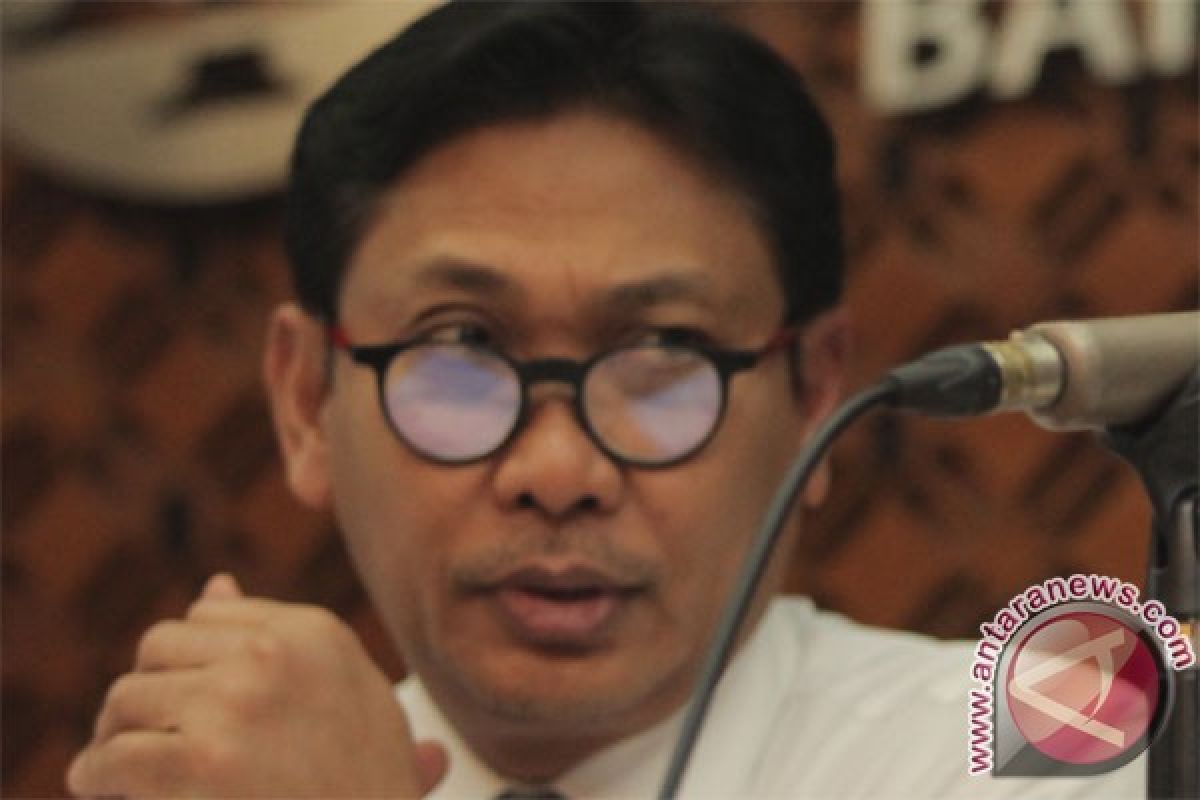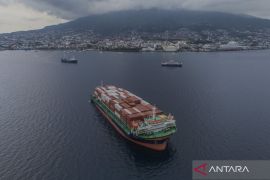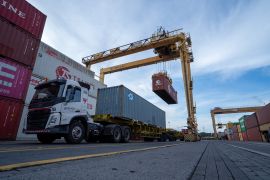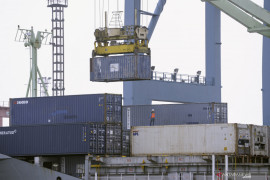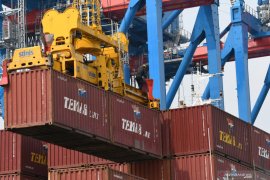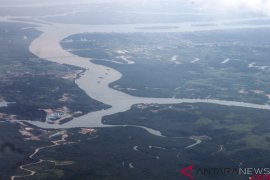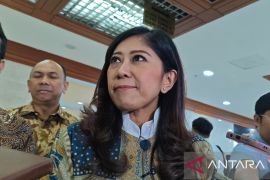"The surplus was primarily due to gains in the non-oil and gas trade balance as the decline in non-oil and gas imports outperformed the corresponding decline in non-oil and gas exports," Bank Indonesia (BI)'s Communication Department Executive Director Onny Widjanarko said.
Meanwhile, the oil and gas trade balance remained relatively stable on the dynamics reported in the previous period, Widjanarko remarked.
The non-oil and gas trade surplus stood at USD0.79 billion in February 2019, improving from a USD0.64 billion deficit the previous month.
Such developments were explained by a USD2.69 billion (mtm) decrease in non-oil and gas imports that exceeded the USD1.25 billion (mtm) dip in non-oil and gas exports, Widjanarko stated.
Non-oil and gas imports were held back by electrical machinery and equipment, iron and steel, as well as machinery and mechanical appliances, while non-oil and gas exports were influenced by shipments of mineral fuels, vegetables and animal oils and fats, as well as metal ore, crust and dust.
Widjanarko remarked that non-oil and gas exports have also decelerated in line with global economic moderation and sliding international commodity prices.
The oil and gas deficit was recorded in February 2019 at USD0.46 billion, relatively stable on the USD0.42 billion posted in the previous period, he said.
Widjanarko remarked that the deficit primarily stemmed from a USD0.15 billion (mtm) decrease in oil and gas exports combined with a USD0.10 billion downtick in oil and gas imports.
Gas was the main drag on oil and gas exports due to lower export volume and prices, while crude oil contributed to the import decline apropos lower import volume and prices.
Bank Indonesia considers the trade surplus recorded in February 2019 consistent with efforts to improve current account performance, Widjanarko remarked.
Moving forward, Bank Indonesia and the Government will continue to coordinate in order to monitor global and domestic economic developments, thereby strengthening external sector resilience, including the trade outlook.
Reporter: Azis Kurmala
Editor: Rahmad Nasution
Copyright © ANTARA 2019
